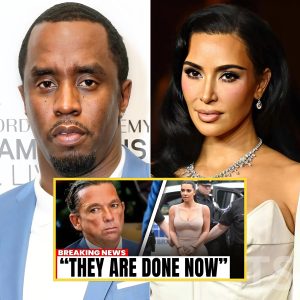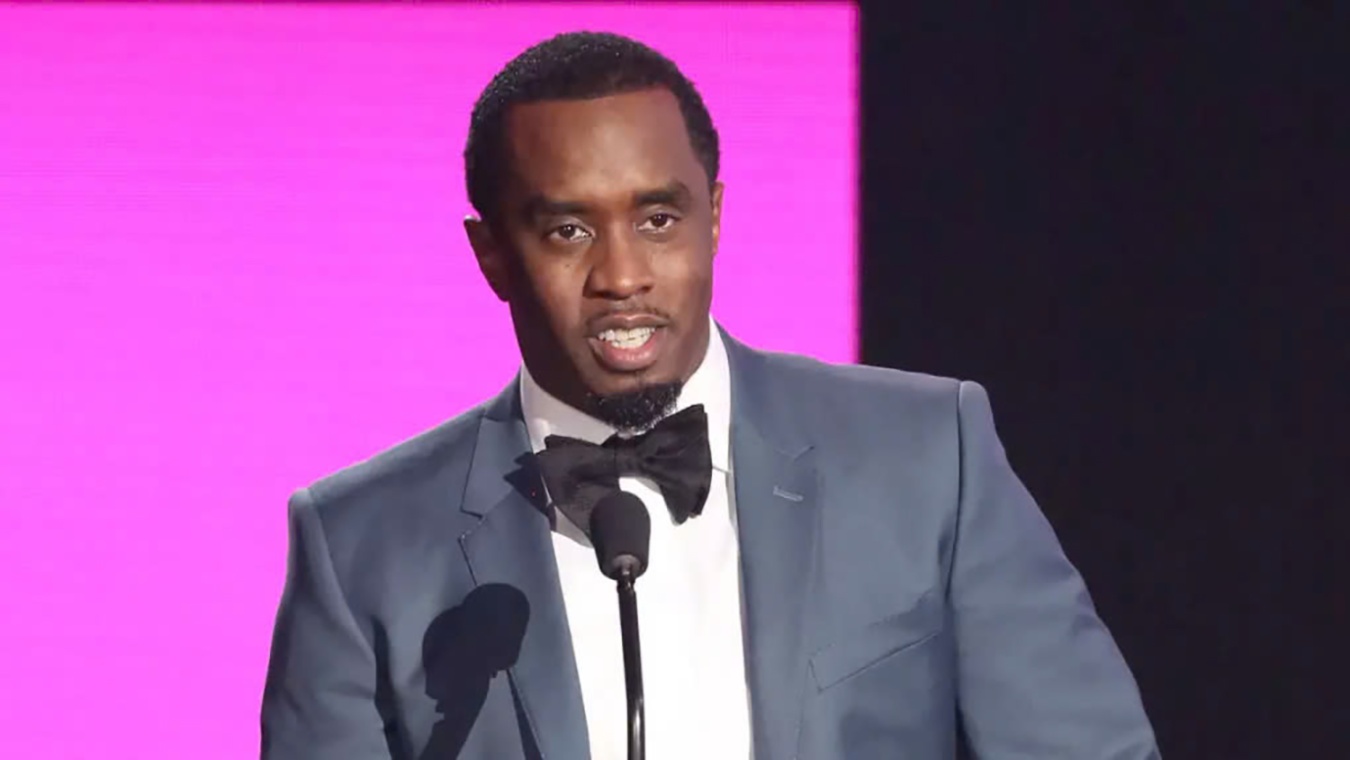Diddy’s Legal Battles: Allegations, Celebrity Involvement, and the Impact of Social Media Misinformation
Introduction
:max_bytes(150000):strip_icc()/sean-diddy-combs-120623-3f4de039dcbf479b954e9161d5fb35d7.jpg)
In recent months, hip-hop mogul Sean “Diddy” Combs has been embroiled in a series of legal troubles that have shaken both his career and public image. From accusations of serious misconduct to swirling rumors about other celebrities’ involvement, Diddy’s case has become a focal point for media attention. As public interest in the case intensifies, social media platforms have become hotbeds for both news and conspiracy theories, making it increasingly difficult to discern fact from fiction. This article delves into the complex dynamics of the ongoing allegations, the potential involvement of other high-profile individuals, and the role of social media in shaping public perception.
The Allegations Against Diddy
The accusations against Diddy cover a range of severe charges, from allegations of misconduct to claims of more serious criminal behavior. Some of these cases are being pursued in court, while others remain rumors. The mounting allegations have created a significant legal battle for Diddy, who has repeatedly denied the claims. However, the sheer volume of accusations has raised questions about potential patterns of behavior and about the broader culture of accountability within the music industry.
Diddy’s legal team has maintained that many of the allegations are exaggerated or untrue, but the media spotlight continues to amplify the situation. The stakes are high, with major brands and business partners closely watching the case’s progression, and his reputation remains in jeopardy.
Celebrity Connections and Speculations

One of the factors intensifying the case’s media coverage is the alleged involvement of other celebrities. Speculation about the possible knowledge or participation of high-profile individuals has fueled further interest, adding layers to an already complex situation. While no other celebrities have been formally implicated, rumors about industry insiders and artists close to Diddy have continued to circulate. Some argue that these alleged connections reveal a broader culture of complicity and silence within Hollywood, where powerful figures are rarely held accountable until public pressure forces action.
These speculative associations have led to a frenzy of rumors, some of which have painted other celebrities as either enablers or whistleblowers within the industry. With no official statements to support these claims, however, these theories remain largely unsubstantiated.
The Role of Social Media in Misinformation and Conspiracy Theories
Social media has played a pivotal role in shaping public perception of Diddy’s case. While platforms like Twitter, Instagram, and TikTok have helped raise awareness about the allegations, they’ve also become breeding grounds for misinformation and conspiracy theories. Unverified claims and sensationalized narratives have proliferated, often obscuring the facts and creating confusion around the actual legal proceedings.
Popular conspiracy theories on social media suggest that Diddy’s legal troubles are part of a larger scheme or that powerful forces are trying to “cancel” him. Others claim the allegations are designed to protect more prominent figures in the industry by deflecting attention. Despite their lack of evidence, these narratives have gained traction, revealing the potent influence of social media in driving public discourse around high-profile cases.
Experts argue that while social media has democratized information, it has also created an environment where misinformation can spread unchecked. In Diddy’s case, the combination of genuine legal issues with conspiracy theories has muddled public understanding, underscoring the importance of critical thinking and media literacy in today’s digital landscape.
Public Reaction and the Broader Implications
Public reaction to Diddy’s case is polarized. While some fans and supporters believe the allegations are exaggerated or false, others argue that the claims should be taken seriously and investigated thoroughly. The legal battles have sparked broader conversations about accountability and the culture of silence that has often protected powerful figures in the entertainment industry.
This case also highlights the difficulty in balancing justice with public opinion. Social media has empowered victims to speak up and has increased scrutiny of high-profile individuals. At the same time, it has blurred the lines between truth and speculation, complicating the process of fair judgment in the court of public opinion.
Conclusion

As Diddy’s legal battles continue, the public remains captivated by the unfolding drama, eager to see how the allegations will play out in court. The case underscores the challenges of navigating fame, accountability, and truth in the digital age, where the lines between news and rumor are increasingly difficult to discern. Moving forward, the situation serves as a reminder of the responsibility social media users have in distinguishing fact from fiction and the importance of due process in high-stakes cases. Whether Diddy’s career will weather this storm remains uncertain, but the broader implications for celebrity culture and media responsibility are clear.